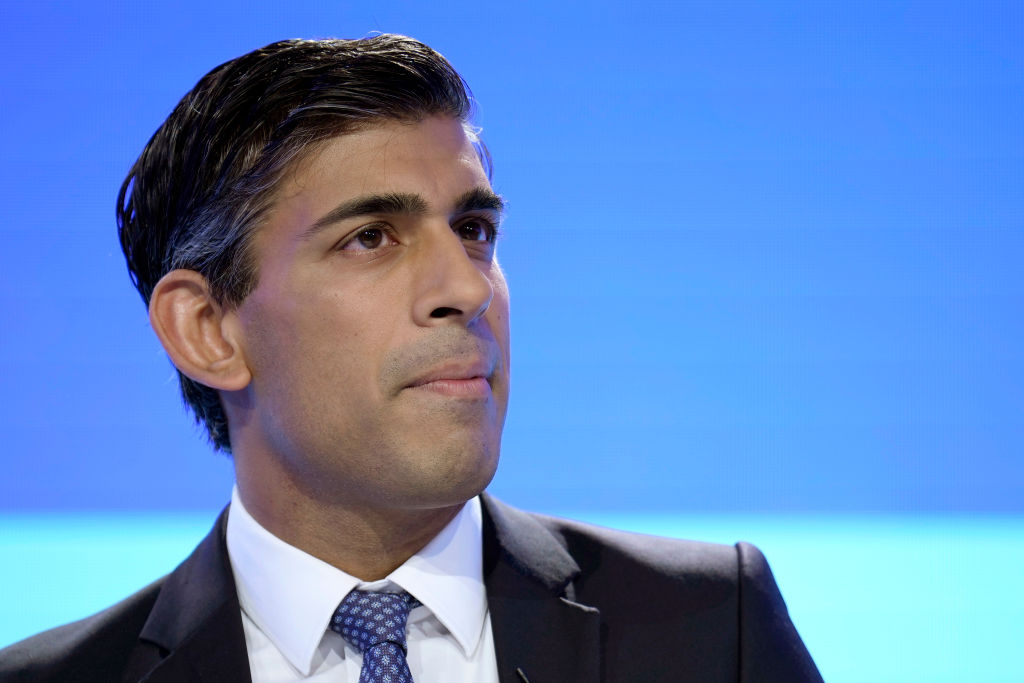It doesn’t matter if Sunak has a private GP, it matters if he knows most people don’t

Every time a male politician offers a bumbling answer to a question about violence against women which starts something along the lines of “if it was my daughter”, there is a familiar, and correct, return call of “you shouldn’t need a daughter to understand women deserve to be safe”.
In other words, our leaders should be able to understand and fight for seminal issues even if they have not had first hand experience of what happens when the system fails.
Of course, representation matters, as goes the oft-repeated truism. It is important we have people who have struggled to access healthcare in our parliament. It is important we have people who struggled to get into university, or afford to put food on the table, or access welfare when it was needed, in our parliament. This rich array of experiences creates a firm foundation for a society where people feel they can see their own lives reflected in their elected representatives.
But no, it doesn’t matter if Rishi Sunak is registered with a private GP. What matters is if it inhibits his ability to understand the risks the health service faces and the existential threat if it collapses.
In Scotland, this week, talk of a “two tier” health service, where the richest may have to pay, has caused massive, predictable fractures.
In England, this “two tier” system has existed for some time. There have always been those who have turned to private health care, but this gap has become even more stark, with one in 10 deciding to pay for care over the last 12 months, according to Engage Britain. Many of those had to cut back on spendings or plunder their savings. With his family’s estimated £744m, Rishi Sunak won’t blink twice, but for others it requires incredible scrimping, debt or even crowdfunded care.
For decades, the use of private contractors has caused much hand wringing of “privatisation” and “Americanisation of the NHS”. But the extent of the backlogs has created a situation where healthcare, albeit not the national health service, is facing effective privatisation as many turn to paid-for providers.
There is a reasonable argument made by the free marketeers that encouraging those who can afford to take out private health insurance to do so takes the burden off of the NHS, leaving beds and spaces for those that really need it. A similar system takes place in other countries, such as Australia.
But there is also a significant counter to that: the more split our healthcare provisions are between the “haves” and the “have nots”, the further and further we stray from the guiding principles of the NHS. As Rosie Beacon wrote in this newspaper earlier this year, the benefit of a free at the point of use system is that it encourages a preventative approach, where people don’t allow problems to build up in order to save money.
Clearly, this isn’t working. Our labour stats tell us this, with 1.4 million people out of work as a result of long-term physical or mental illness. It is a direct threat to our productivity as a nation. But Rishi Sunak, surely, understands this, whether or not he pays for his own GP. As a politician and leader, it is his job to listen to those affected, even if he, personally, is not. It is his job to visit NHS GP surgeries and talk to doctors, patients and support staff, regardless of how he funds his own healthcare.
It is his job to try and riddle the complexity of the system where problems are often blamed on “understaffing”, when in fact there are more doctors than ever, with 10 per cent more consultants than in 2019 and 11 per cent more nurses. In fact, the number of managers has stayed roughly the same since 2010, with a few peaks and troughs, while the rest of the workforce has grown. Yet over the weekend, it was “NHS pen pushers” who were once again blamed for eating up resources.
It doesn’t matter if Rishi Sunak is registered with a private GP, it matters if it blinds him from understanding how imperative it is to fix the NHS.
